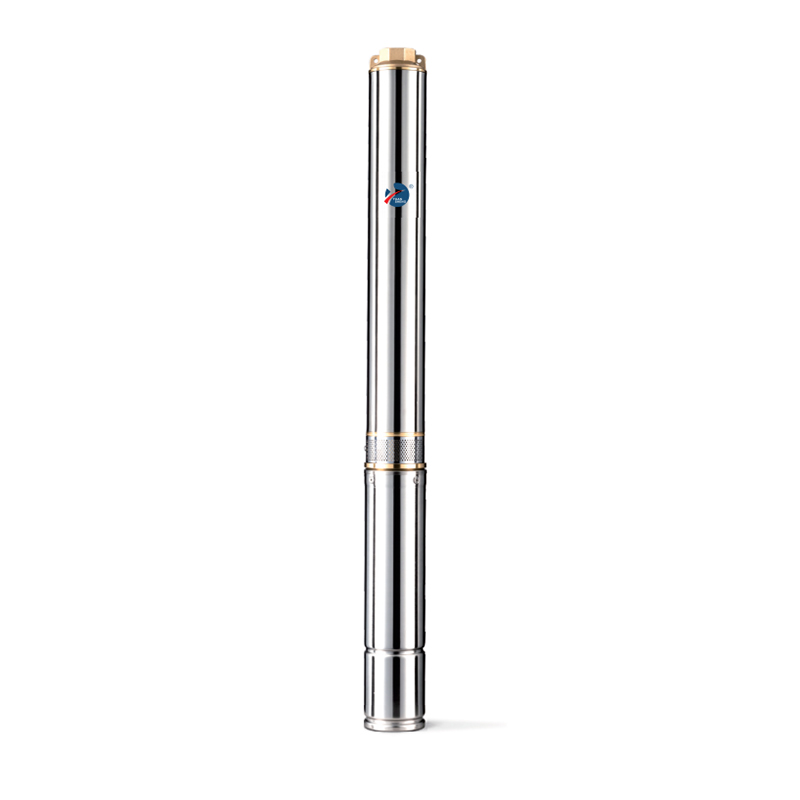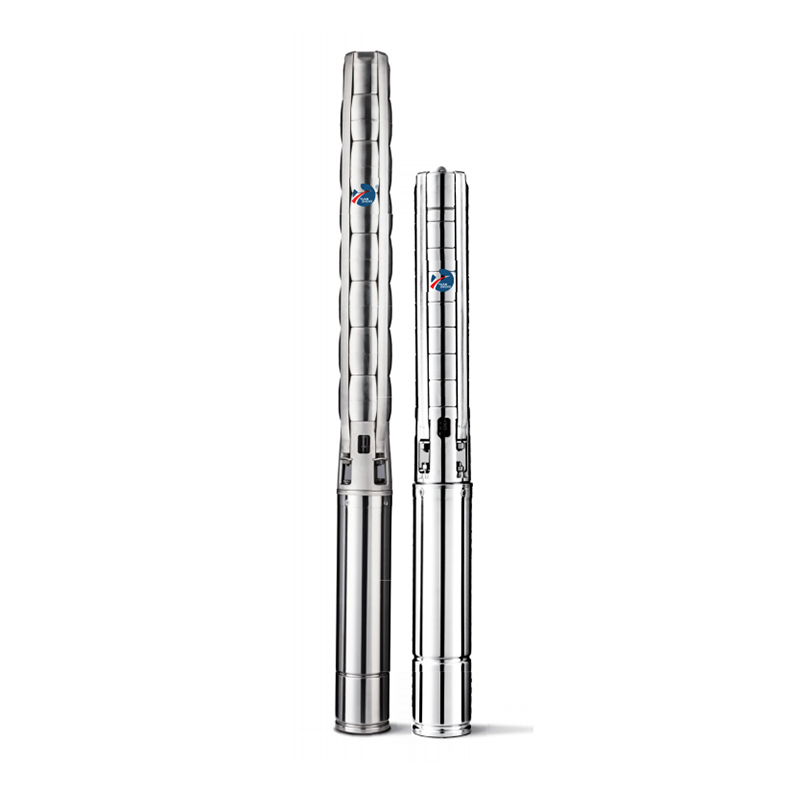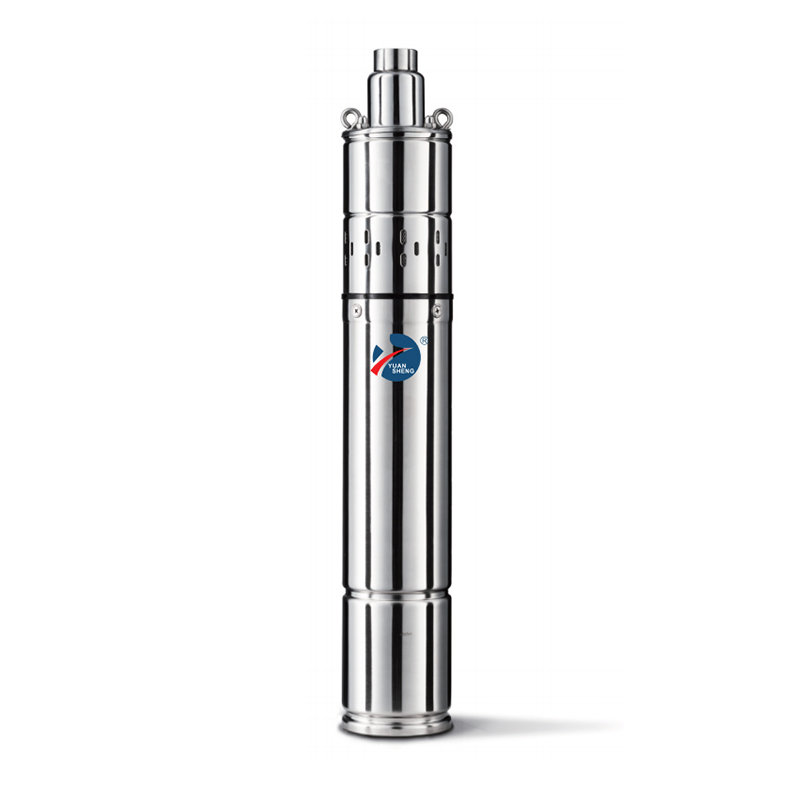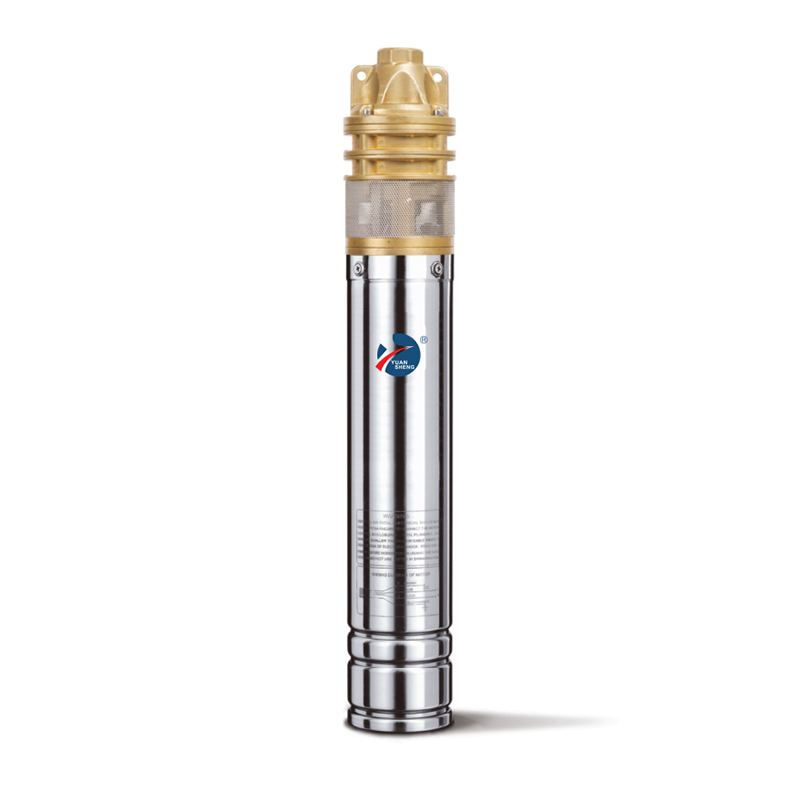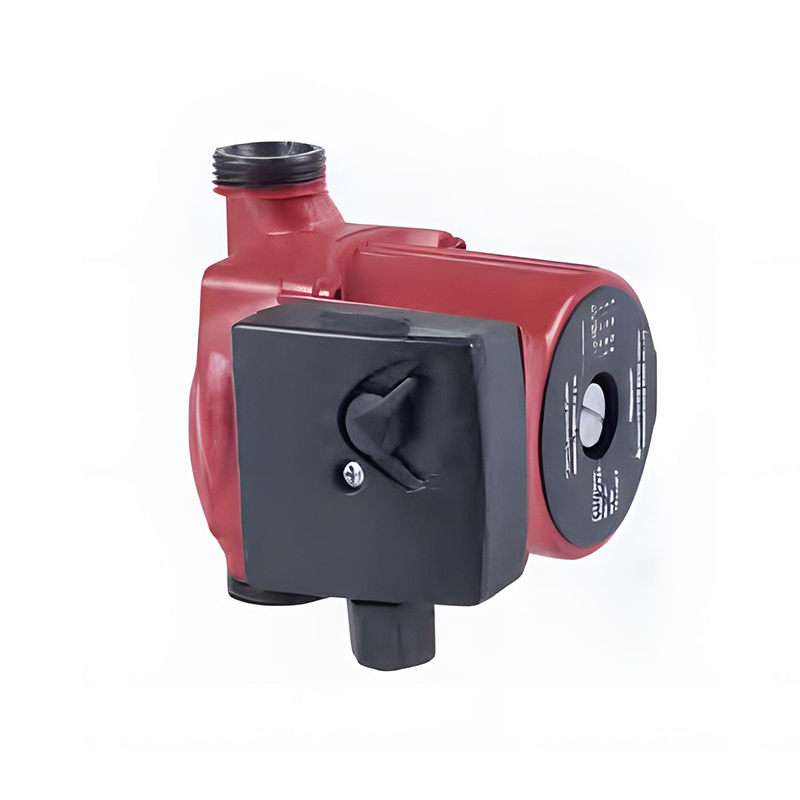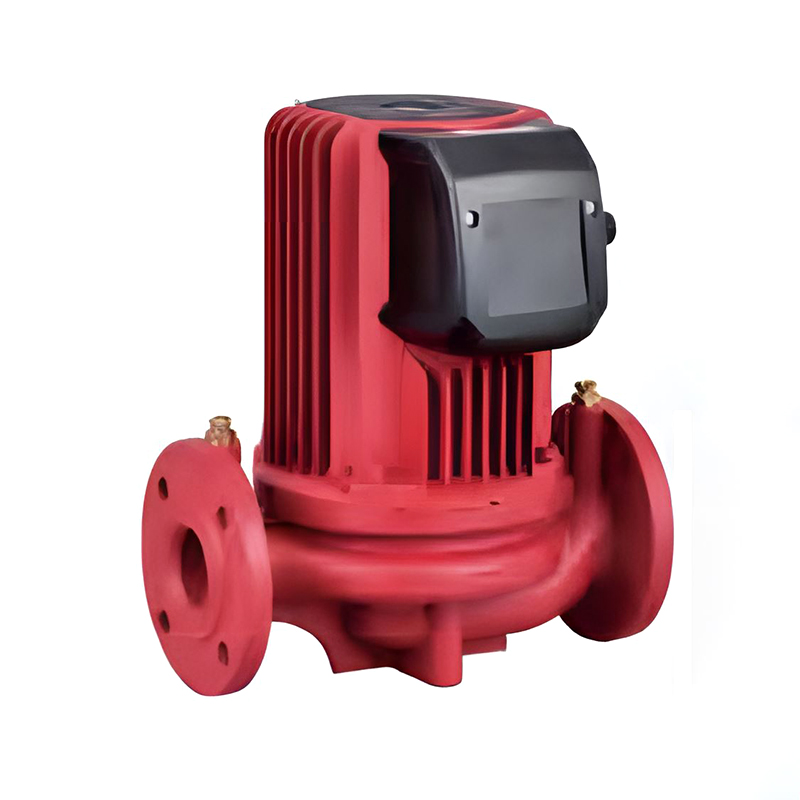Imagine a world where water magically appears at the turn of a tap or the flick of a switch. Behind this convenience lies the submersible deep well pump, a device that operates in the shadows, submerged deep underground. Unlike surface pumps that require priming and can be noisy and inefficient, submersible pumps are designed to work in the depths of wells, often hundreds of feet below the surface. They are engineered to withstand the pressure and conditions of the underwater environment, making them incredibly reliable.
The operation of a submersible pump is straightforward yet ingenious. When activated, the pump's motor drives a series of impellers, which create a powerful suction force. This force draws water from the well and pushes it upwards through a long pipe to the surface. The entire process is smooth and efficient, with small energy loss. The pump's submerged position also helps to cool the motor, reducing the risk of overheating and extending its operational life.
The versatility of submersible deep well pumps is one of their more remarkable features. In residential areas, these pumps are often the backbone of private well systems. They provide a consistent supply of water for daily household needs, from drinking and cooking to bathing and cleaning. The reliability of these pumps ensures that families have access to water even in remote locations where municipal water supplies are unavailable.
In agricultural settings, submersible pumps play a crucial role in irrigation. Farmers rely on these pumps to extract water from deep wells and distribute it across fields, ensuring that crops receive the necessary hydration. This is particularly important in arid regions or during droughts, where water scarcity can severely impact crop yields. The ability of submersible pumps to deliver large volumes of water efficiently makes them an indispensable tool for modern agriculture.
Industrial applications also benefit greatly from submersible deep well pumps. Industries such as mining, construction, and manufacturing require vast amounts of water for various processes. These pumps can extract water from deep underground, providing a reliable and consistent supply that supports industrial operations. Whether it's cooling machinery, cleaning equipment, or supporting other water-intensive processes, submersible pumps ensure that industries can function smoothly.
One of the key advantages of submersible deep well pumps is their low maintenance requirements. Once installed, these pumps can operate for extended periods with small intervention. The submerged environment protects the pump from dust, debris, and bad weather conditions, reducing wear and tear. Regular maintenance, such as checking the motor insulation and ensuring the pump is free from blockages, can help to extend its lifespan and ensure good performance.
However, it's important to note that while submersible pumps are durable, they are not immune to issues. Regular monitoring of the water level and the pump's performance is essential to prevent problems such as running dry, which can damage the motor.
The environmental impact of submersible deep well pumps is another important aspect to consider. While these pumps are generally efficient, their operation does consume energy. Therefore, choosing energy-efficient models and optimizing their usage can help to reduce the carbon footprint associated with water extraction. Additionally, proper installation and maintenance can prevent water contamination and ensure that the water supply remains clean and safe for use.
Submersible deep well pumps are the unsung heroes of water supply systems, working quietly and efficiently to deliver water to homes, farms, and industries. Their reliability, efficiency, and versatility make them an essential tool in ensuring access to clean and reliable water sources.
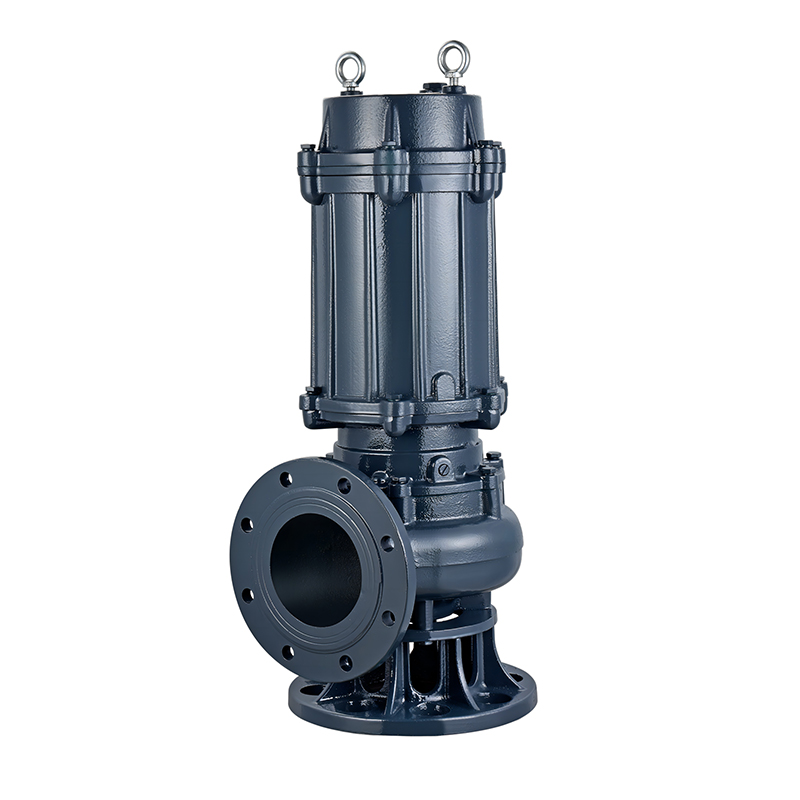


 English
English 中文简体
中文简体 عربى
عربى